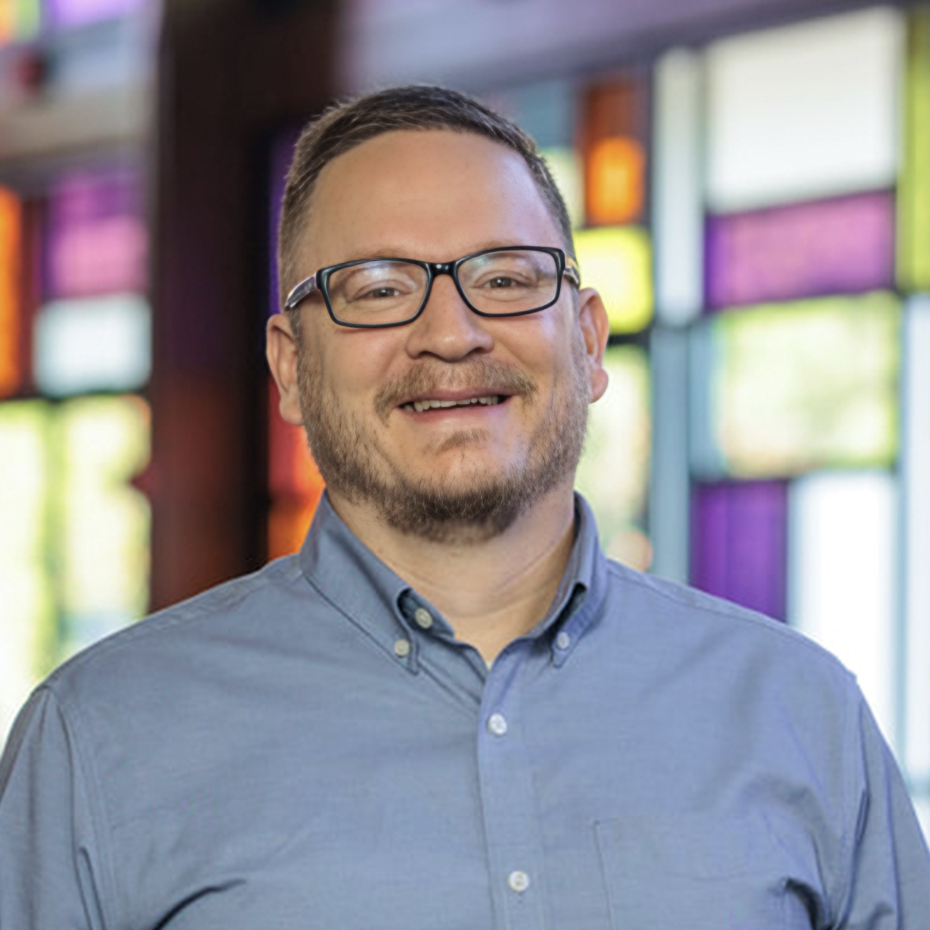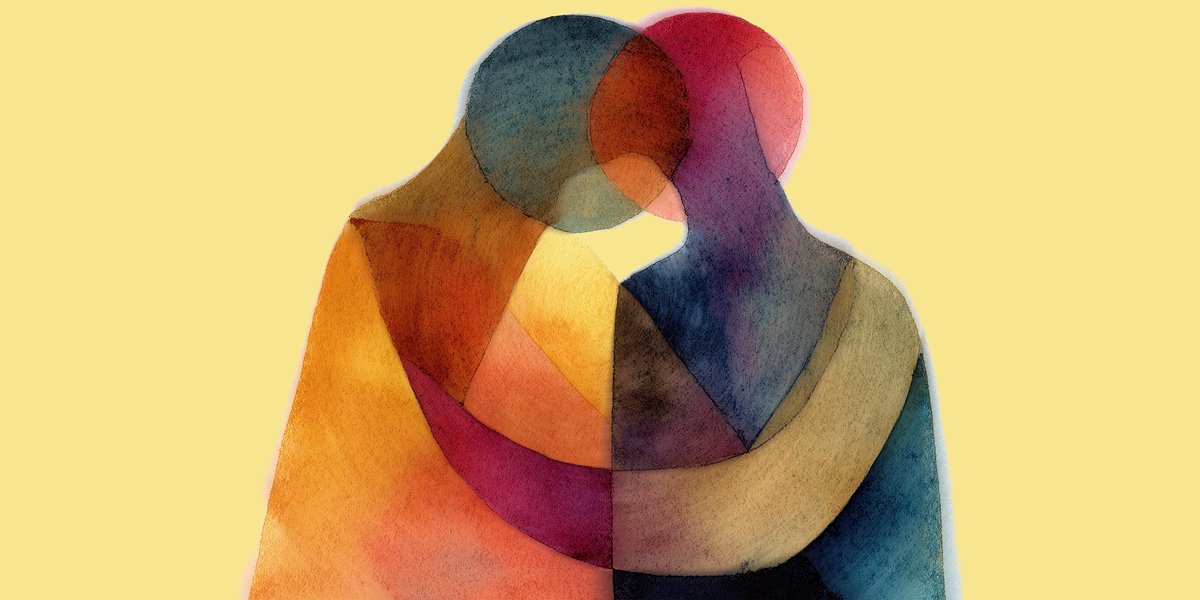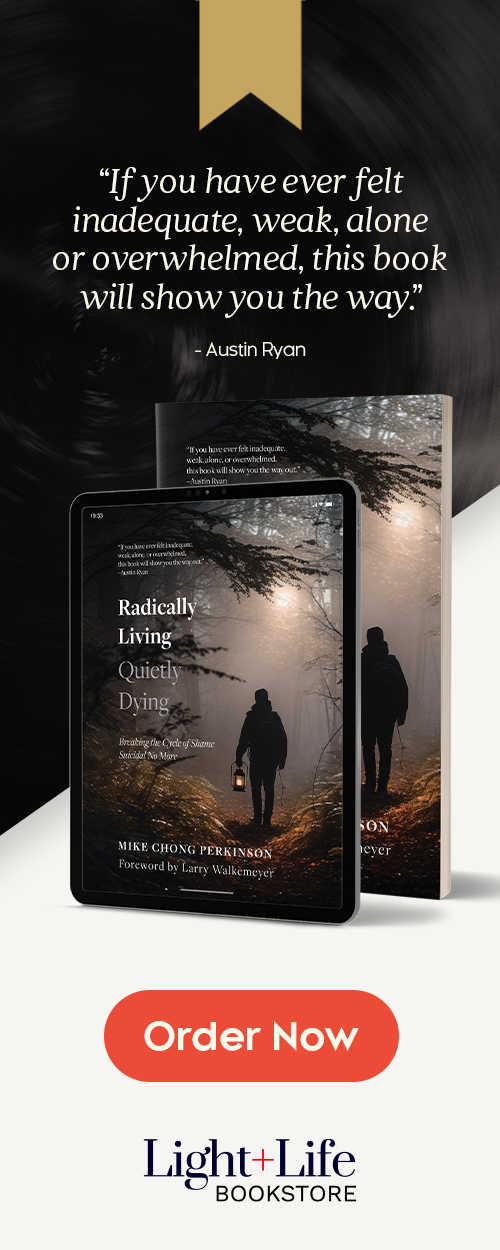By Jason Shawa
A World Marked by Pain
The existence of pain and suffering in the world is a universally acknowledged truth. Our world is full of hurt and pain, and it shows up in different ways depending on where we live, our culture, the people who influence us, and so many other factors. As the church of Jesus Christ, we are to be agents of the good news of hope and salvation to a lost and hurting world. The resurrected Christ has empowered believers to be the messengers of this hope “to the ends of the earth” (Acts 1:8c).
I currently serve full-time as an executive pastor in my church, but I have served as an on-call hospital chaplain for two of our local hospitals for over seven years. Those years have opened my eyes to much of the hurt and pain that our world sees every day.
The city where I live is suffering in various ways, from frequent shootings, violence, and gang activity to poverty, hunger, and mental disorders. The number of calls that I have received stemming from these issues are too numerous for me to even recall. When you combine these types of tragedies that affect people so personally along with what the world endured in the COVID pandemic, pain and suffering have touched almost everyone.
_
“Do we really see that others possess the very image of the Creator God?”
_
The Tension of Beauty and Brokenness
I am currently writing this article from my hotel room in Seattle, Washington. As I walk the streets of Seattle surrounded by the beauty of God’s creation, I am also confronted with the reality of a hurt and dying world on these same streets. God’s beautiful creation is not limited to mountains such as Mount Rainier or the waters of the bays that lead to the ever-expansive North Pacific Ocean, but I am confronted with the reality that many of those who line the streets of this beautiful city are currently unhoused, deal with food insecurity, and suffer with mental health challenges.
As a practicing Free Methodist, the challenge of love-driven justice pierces my heart and soul. How can the church actually practice serving those with the drive of love-driven justice compelling our actions? It is very easy to outsource to “experts” around us (government, nonprofits, medical professionals…), but what about us? What can we do? Do we really see that others possess the very image of the Creator God?
I know that I have limited resources personally and cannot solve all the world’s problems, but I do have the ability and resources to affect the lives of at least a few in my own circles. As followers of Christ, have we forgotten the power that indwells us?
_
“Have we forgotten the power of the resurrected Christ as we carry out our mission to a world in need of hope?”
_
Rethinking Weakness and Suffering
I recently completed a Ph.D. where my research focused on how the Apostle Paul understood and taught about the grace of God.[1] What I discovered was that Paul often spoke of grace in a threefold way: weakness, grace, and the power of the resurrected Christ. In his letters to both individuals and churches, Paul connected these three ideas repeatedly.
When Paul spoke of weakness, he was not just talking about small struggles, but about the full weight of human hardship, suffering, insults, distress, persecution, pain and even shipwrecks and imprisonment. Yet, in the midst of all this, he continually pointed back to the transforming power of Christ’s resurrection.
This raises an important question for us today as we face the challenges of a rapidly changing world: Have we forgotten the power of the resurrected Christ as we carry out our mission to a world in need of hope?
The Gift of Grace Reconsidered
Paul’s threefold view of grace comes into sharp focus in what we know as his Second Letter to the Corinthians. In chapter 12, Paul famously describes his “thorn in the flesh,” a passage many Christians turn to when reflecting on the grace of God (2 Corinthians 12:7–10). What stands out in this moment is Paul’s discovery that his suffering became the very doorway through which he experienced God’s grace — grace that, in turn, led him to the power of the resurrected Christ (vv. 7–9).
_
“If experiencing grace requires that we also embrace weakness and suffering, then why do we so often run from them?”
_
Too often, weakness or suffering is misunderstood as evidence of spiritual failure or a lack of faith. Paul invites us to see it differently. Instead of avoiding hardship at all costs, we are called to recognize that our struggles can be moments where God’s grace meets us most powerfully. This grace is not a sign of defeat; it is a divine gift generously given to sustain us in the midst of trials.
Scholars like John M. G. Barclay have reignited conversation around Paul’s teaching on grace. In his influential book “Paul and the Gift,” Barclay examines how Paul used the language of gift-giving in the context of his world, especially in Galatians and Romans. His insights not only enrich our understanding of Paul’s theology but also strengthen the case for seeing grace in this triadic pattern: weakness, grace, and resurrection power.
If experiencing grace requires that we also embrace weakness and suffering, then why do we so often run from them? Paul challenges us with another way forward: to accept our hardships as opportunities to receive God’s gift of grace and to encounter the living power of Christ.
A Witness Through Embracing our Weakness
The ultimate purpose of the believer’s life is to reflect Christ in this world. One of the most profound ways this happens is when believers, across cultures and generations, proclaim Christ not in their strength but in their weakness. Such testimonies become a living witness, inviting others to encounter the same grace and power of the risen Lord that we as believers have experienced and are experiencing.
At the heart of this understanding lies a call to reconsider how we live, love, and view grace. As a Wesleyan and Free Methodist elder, I am reminded of John Wesley’s prayer that urges us to receive God’s grace, even in pain and vulnerability, so that we, like Paul, may truly boast in Christ alone (2 Corinthians 12:9). “Put me to doing, put me to suffering.” As we walk in weakness and suffering, we embody the grace of Christ, allowing God’s grace to shine brightest and the power of the resurrection to be revealed to a watching world.
I am no longer my own, but Yours.
Put me to what You will, place me with whom You will.
Put me to doing, put me to suffering.
Let me be put to work for You or set aside for You,
Praised for You or criticized for You.
Let me be full, let me be empty.
Let me have all things, let me have nothing.
I freely and fully surrender all things
To Your glory and service.
And now, O wonderful and holy God,
Creator, Redeemer, and Sustainer,
You are mine, and I am Yours.
So be it.
And the covenant which I have made on earth,
Let it also be made in heaven.
Amen.
(John Wesley’s Covenant Prayer)
[1] To access a copy of my dissertation, use this link: digitalcommons.liberty.edu/doctoral/6399/ .
+

Jason Shawa is the executive pastor of administration at Christ Community Church in Columbus, Georgia, and a PRN hospital chaplain. He has more than 25 years of ministry and leadership experience and holds a B.A., M.Div., and Ph.D. His passion is sharing the hope of Christ through preaching, teaching, pastoral care, and writing.











